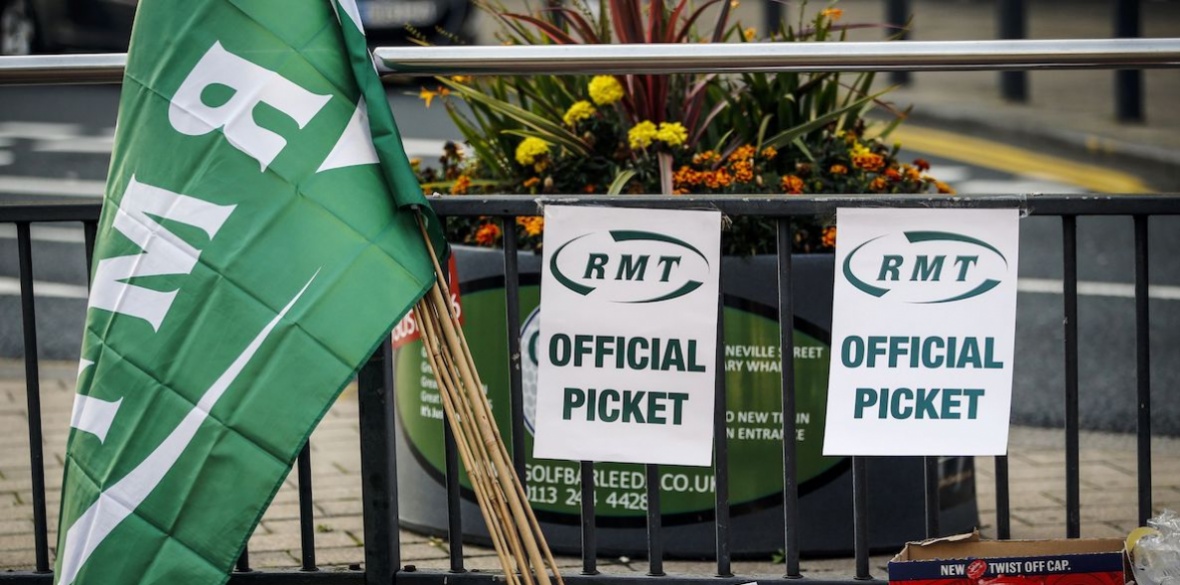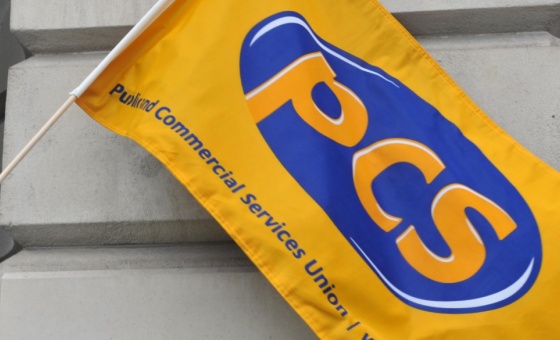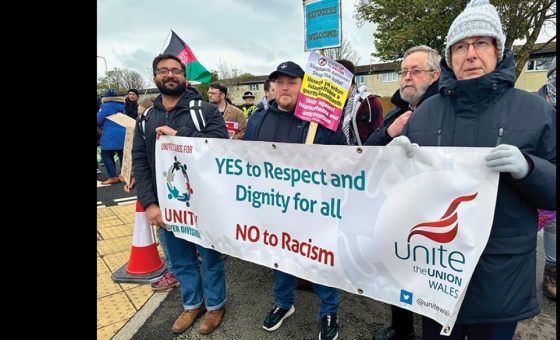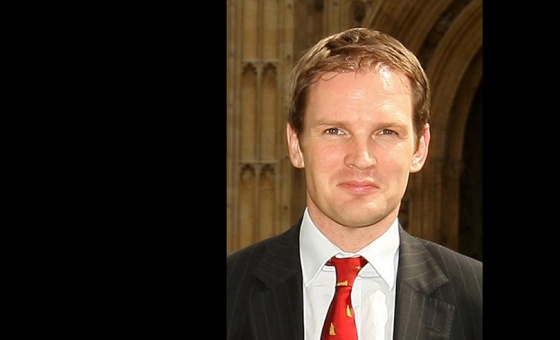This is the last article you can read this month
You can read more article this month
You can read more articles this month
Sorry your limit is up for this month
Reset on:
Please help support the Morning Star by subscribing here
THIS weekend over 50 delegates from trades councils across England and Wales will meet at their annual conference, this year in Leicester. This is a dynamic and exciting part of the trade union movement but is yet to attract many youngsters.
Trades councils can be, and often are, at the heart of their local community, with monthly discussions on solidarity with those in struggle. These may be about disputes in a local company or the local organisation of a national strike or a local People’s Assembly or other campaign on housing or public service closures from hospitals or libraries.
Tuesday’s announcement from the RMT of three national strike days on June 21, 23 and 25 will get onto the agenda one way or another for solidarity action to be considered.
Workers in Network Rail, the rail infrastructure owner, and most train-operating companies will be striking after two years of failed talks, against thousands of proposed job losses rather than increases, against increased safety risks and against two-to-three-year pay freezes and for a fair pay rise. Aslef drivers will also be striking and TSSA members in some companies are likely to join later.
These key workers were being praised by government and media not so long ago but now face a complete failure to “build back better” or address the environmental concerns of the recent Cop26 meeting. Trades councils will no doubt be organising and publicising picket lines in support of striking rail workers in the days — and possibly the weeks — ahead.
Trades councils have huge collective experience of trade union activism across industrial sectors and this resource is available to support the current workforce, many of them young and now struggling in short-term work on zero-hours contracts.
Sometimes new flexible methods of organising and action are needed and trades councils are ideally placed to engage with those in precarious work, directly and through the likes of city-wide organisations like Sheffield Needs a Pay Rise.
A recent growth area for trades council delegates is Unite Community branches and for some in transient work in different companies and sectors this may be a useful route to solidarity actions.
The agenda this weekend is short but progressive covering important strategies for the movement such as trade unions coordinating to fund trade union organisers, a bit like Sheffield Needs a Pay Rise, in cities and towns across the country and the sharing of successful tactics with other trade councils and unions.
The tweet by Labour MP John Trickett, quoted in Wednesday’s Morning Star, that “super-rich donors who’ve given the Tories £18 million in the last few years wrote to MPs yesterday demanding they don’t ditch Boris” made things clear.
At a time when the ruling class and their government are stepping up the class war and the so-called party of labour is silent, then the movement has a void in political leadership — and the trades councils are up for this.
Andy Bain is industrial organiser of the Communist Party of Britain.










